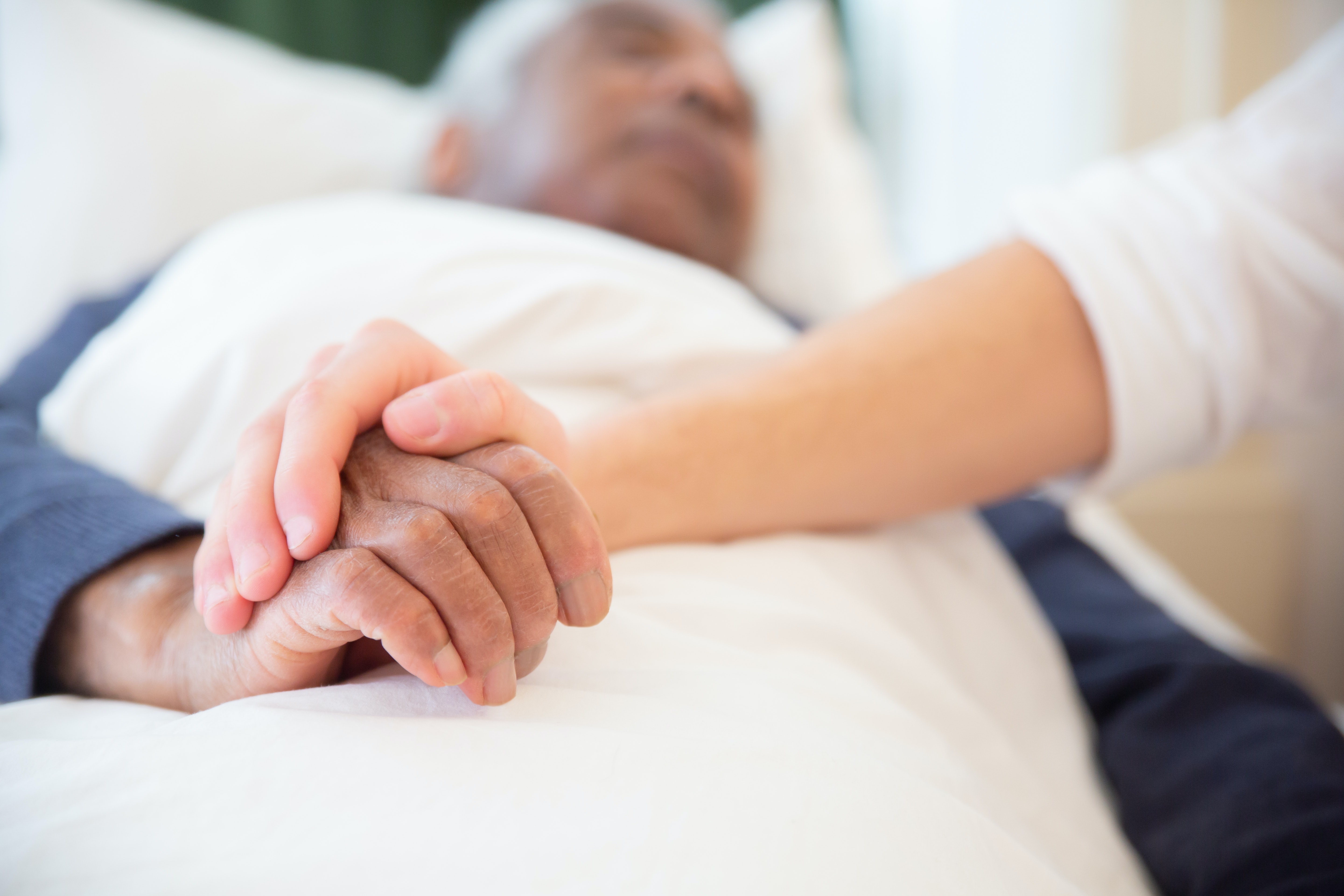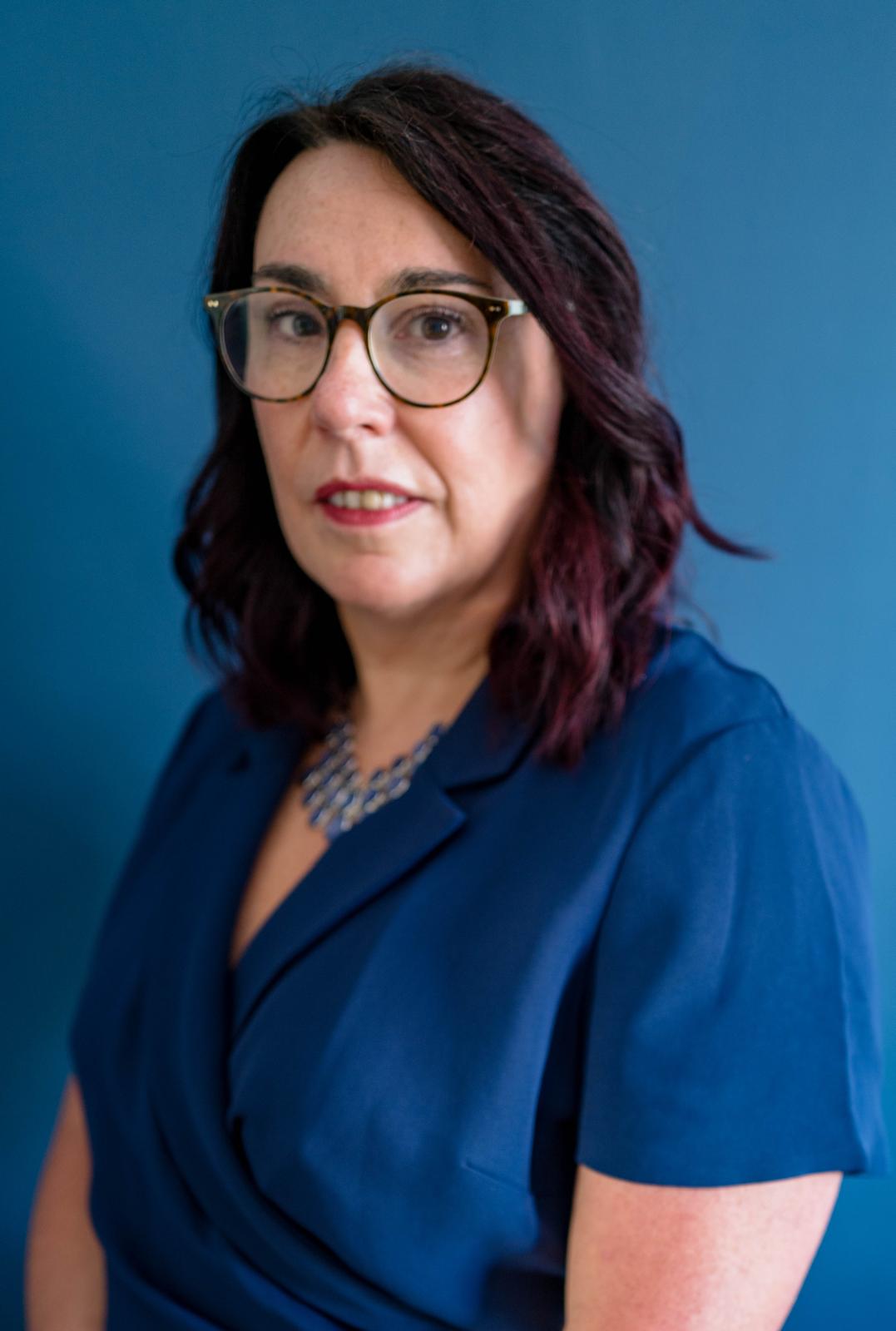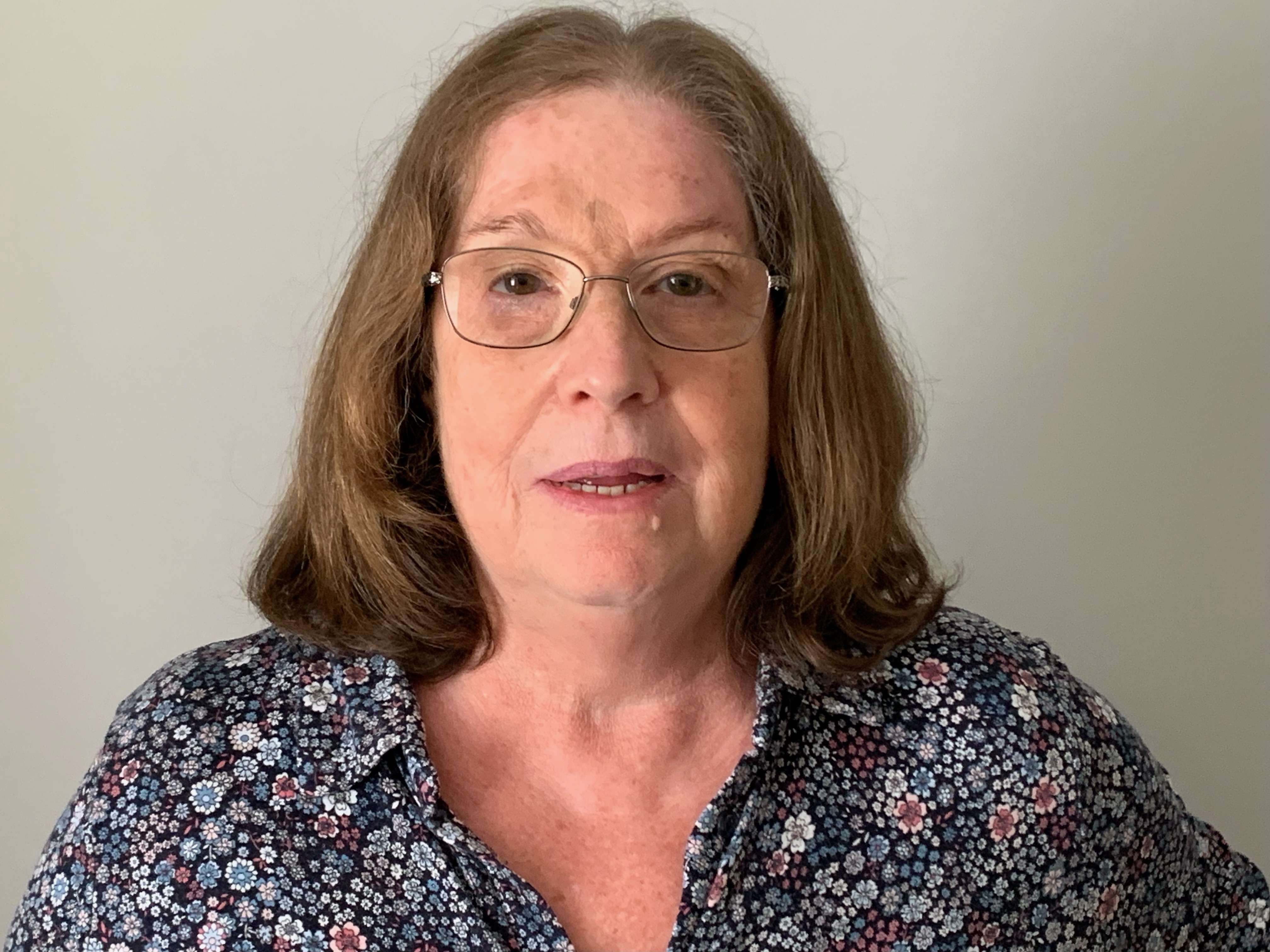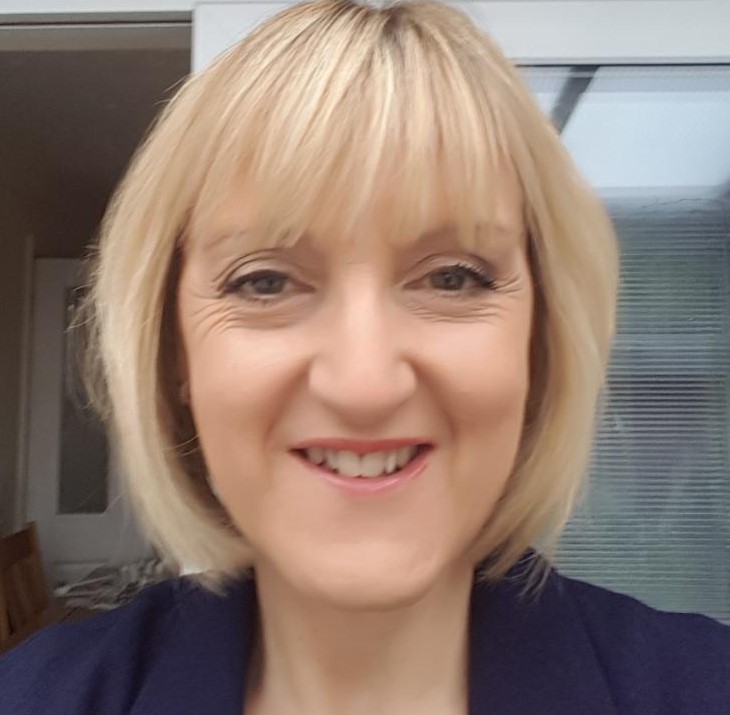At ELFT, we can provide ongoing care and support that will be palliative - that is care that is aimed at keeping people comfortable - to get the most out of the time they have left.
Having Important Conversations
As well as symptom management and psychological care, we can be part of conversations such as: where does the individual want to be when they die, have they got a will, what is their position on organ donation, funeral arrangements, religious and cultural needs, etc.
It's important that family and loved ones know the person's thoughts and wishes on these areas. Having conversations in advance is not morbid or insensitive, it is a chance for someone to set their affairs in order and do things that they want to do. Our staff can guide a family at this difficult time to support their loved one and to process their own feelings about what is happening.
Aspects that we can support you with include:
Physically (place of death, advance care planning)
Emotionally (talking about death, making sure loved ones are cared for)
Financially (making a will, making funeral plans)
Spiritually (How different faith groups talk about and prepare for death)
Digitally (Looking at digital assets, social media, online banking)

 Ruth Bradley, Director of Nursing for Integrated Care (Chair)
Ruth Bradley, Director of Nursing for Integrated Care (Chair) Claire McKenna, Chief Nurse
Claire McKenna, Chief Nurse Beryl Tanner, Carers representative
Beryl Tanner, Carers representative
 ia Mead, Associate Director: Nursing for Bedfordshire Community Health Services
ia Mead, Associate Director: Nursing for Bedfordshire Community Health Services